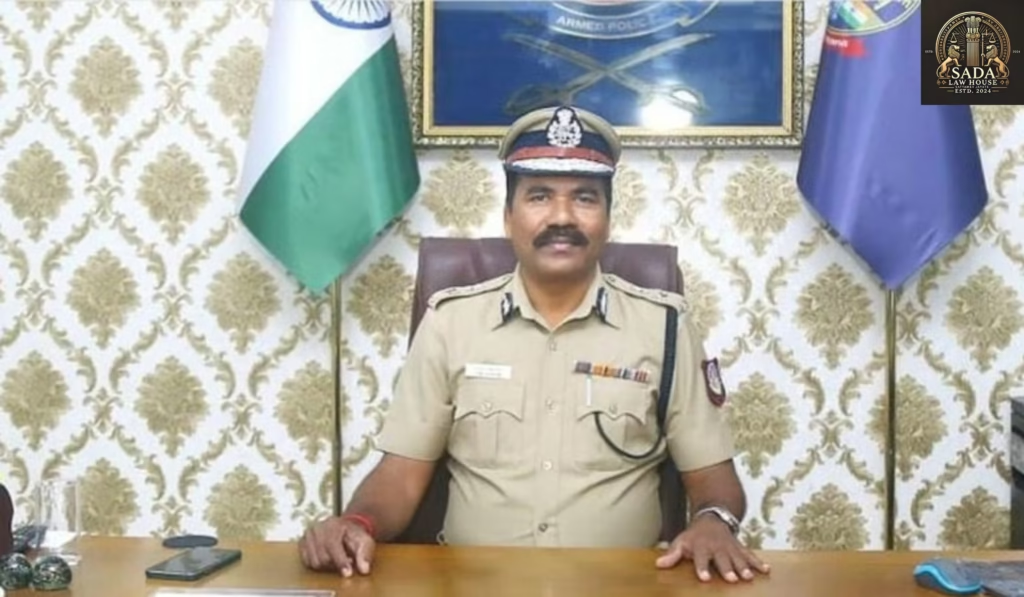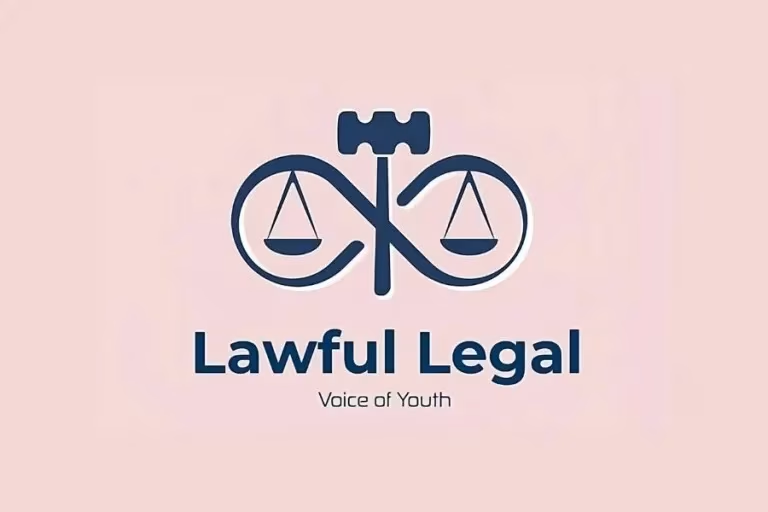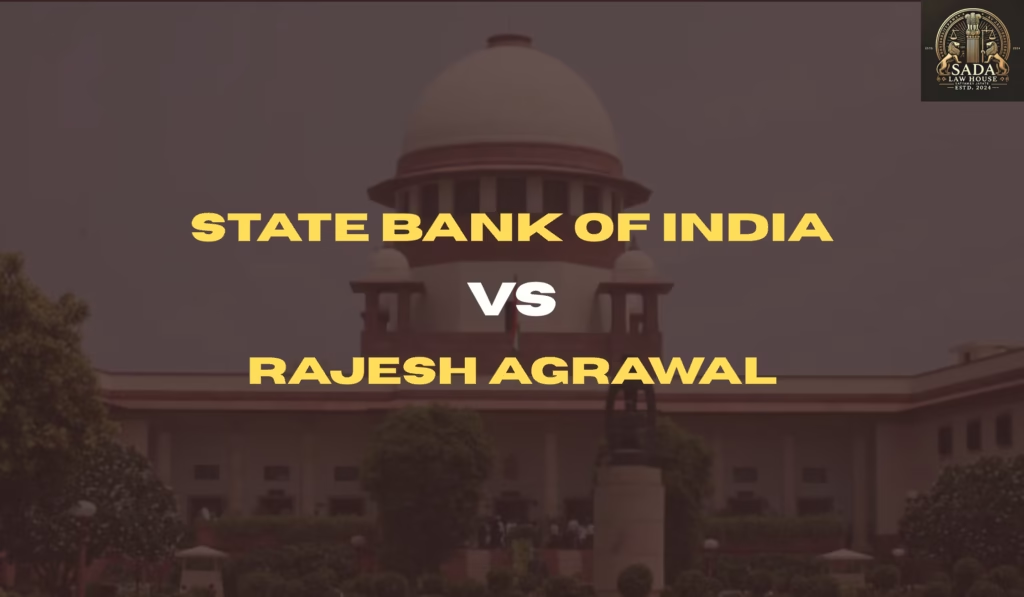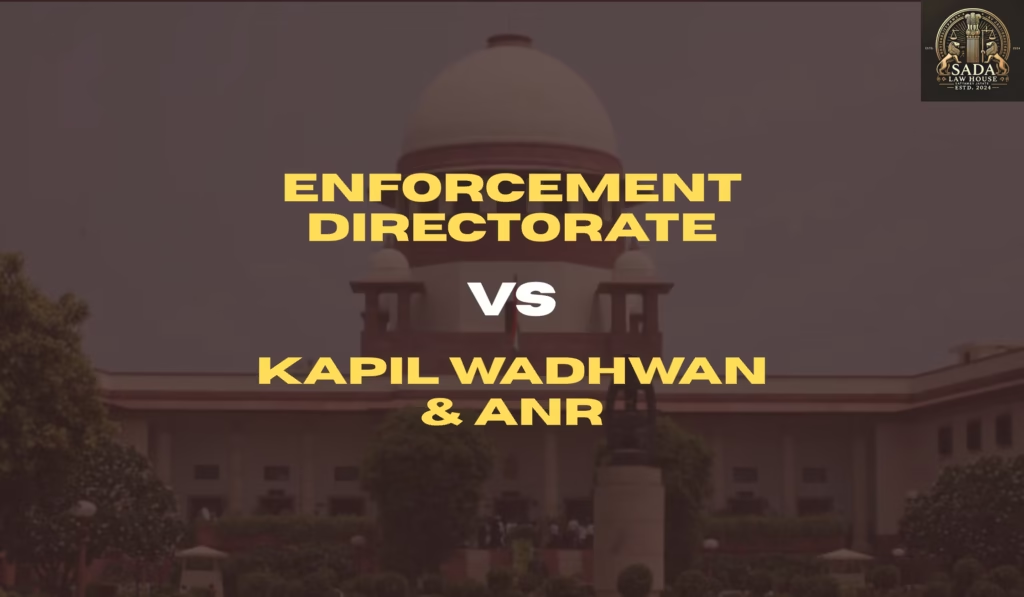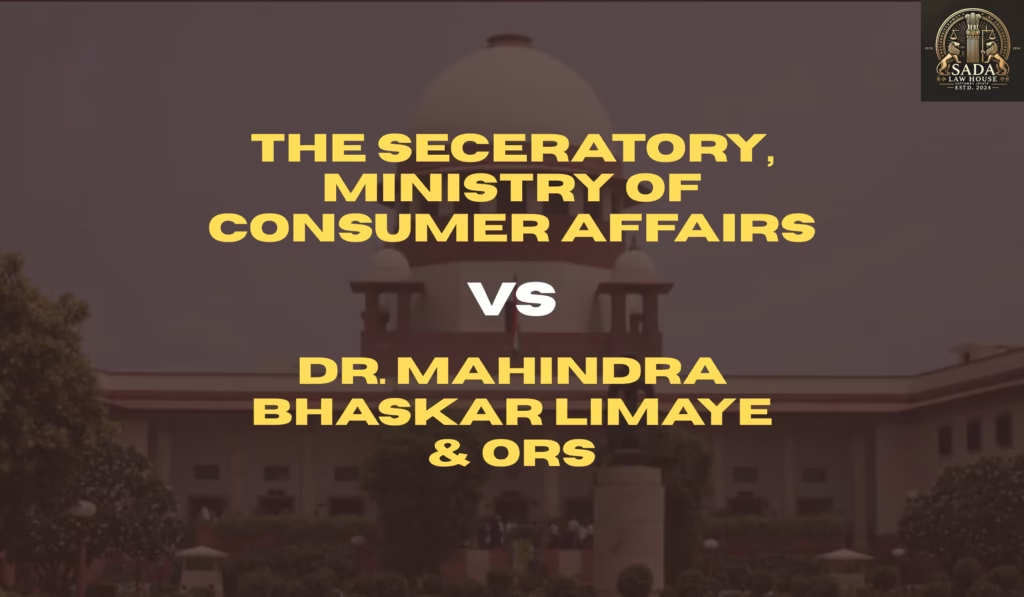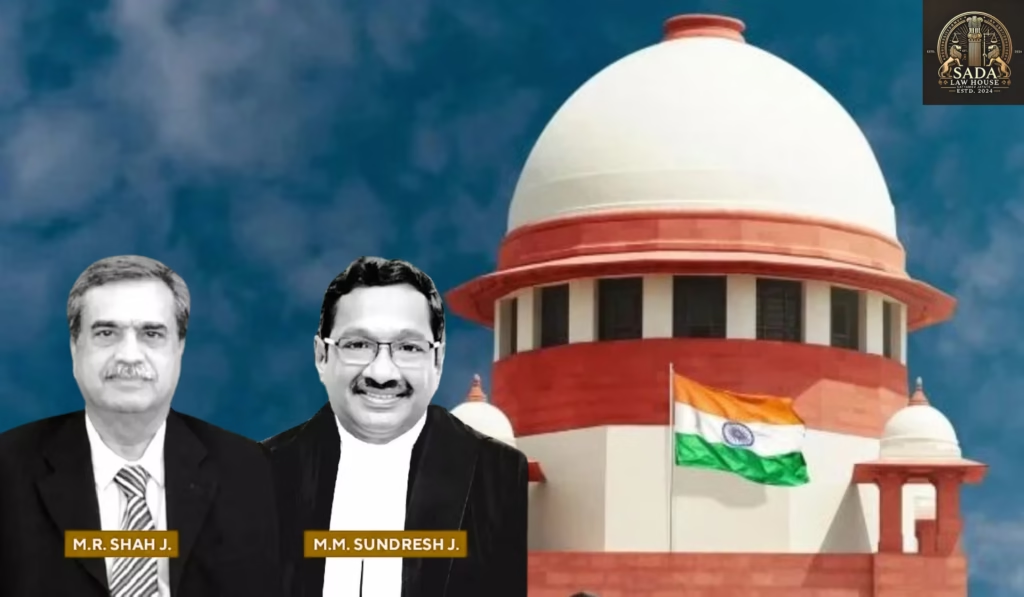Tamil Nadu ADGP Arrested Following Madras High Court Order in Teenage Abduction Case Involving MLA
Trending Today JOB OPPORTUNITY AT GREENFINCH LEGAL SERVICES PVT. LTD., ANDHRA PRADESH LEGAL JOB OPPORTUNITY AT BURGEON LAW Tamil Nadu ADGP Arrested Following Madras High Court Order in Teenage Abduction Case Involving MLA LEGAL JOB OPPORTUNITY AT A. K. SINGH & ASSOCIATES, MUMBAI LEGAL JOB OPPORTUNITY AT ZIMYO, GURUGRAM CALL FOR BLOGS BY LAWFUL LEGAL Supreme Court Judgment on SBI vs Rajesh Agarwal: Borrowers’ Right to Hearing Under SARFAESI Act and RBI Fraud Classification Guidelines Supreme Court Judgment on Enforcement Directorate v. Kapil Wadhawan: Interpretation of Remand Date for Default Bail under Section 167(2) CrPC Supreme Court Upholds Bar Council of India’s Power to Conduct AIBE; Overrules V. Sudeer Judgment Supreme Court Upholds High Court Verdict: Valid Selection Cannot Be Undone by New Tribunal Rules Tamil Nadu ADGP Arrested Following Madras High Court Order in Teenage Abduction Case Involving MLA PRABHAT KUMAR BILTORIA 19 June 2025 The Madras High Court orders the arrest of Tamil Nadu ADGP HM Jayaram in a teenage abduction case linked to MLA Poovai M Jagan Moorthy and a controversial inter-caste marriage. Read the full case timeline and implications. Madras High Court Orders Arrest of ADGP HM Jayaram in Teenage Abduction Case In a sensational development, Madras High Court ordered the arrest of Additional Director General of Police HM Jayaram following serious allegations in a teenage kidnapping case. The court also questioned the conduct of MLA Poovai M Jagan Moorthy, a leader of the Puratchi Bharatham Party, who was accused of attempting to evade legal consequences. Court Demands Personal Appearance of Top Officials While hearing an anticipatory bail plea filed by MLA Moorthy, Justice P Velmurugan was informed that the MLA was avoiding arrest. The judge directed both the MLA and ADGP Jayaram to appear in court personally. Moorthy complied, leading the court to defer arrest but instruct him to cooperate with the investigation. Legal Order Issued Against ADGP Jayaram Despite Moorthy’s appearance, the court remained firm on legal proceedings against ADGP Jayaram. It stated that, with two individuals already in custody and implicating the senior officer, the police must take lawful action. According to multiple media reports, Jayaram was detained shortly after the directive. Background: A Marriage, A Kidnapping, and a Political Scandal The case revolves around the alleged abduction of a teenager after his brother, aged 23, married a 21-year-old woman against her family’s wishes in Theni district, Tamil Nadu. Following the wedding, the couple reportedly went into hiding. Later, the younger brother was abducted by a group allegedly linked to MLA Moorthy and others. Allegations of Political and Police Collusion According to a complaint by the mother, Lakshmi, the kidnapping was part of an attempt to reverse the marriage. The woman’s father, Vanaraja, allegedly conspired with Maheshwari, a dismissed police constable, who contacted ADGP Jayaram. The matter reportedly escalated to MLA Moorthy through these channels. Kidnapping Executed Using Official Vehicle APP A Damodaran revealed that Moorthy’s associates targeted Lakshmi’s elder son, but upon not finding him at home, kidnapped her younger son—aged between 16 and 18—while he slept on the terrace. The victim was later released near a bus stand. Shockingly, the abduction was carried out using ADGP Jayaram’s official police vehicle, driven by a constable to avoid detection. Failed Arrest Attempt and Mob Resistance On June 15, police attempted to arrest MLA Moorthy at his residence. However, around 2,000 supporters of the Puratchi Bharatham Party gathered to resist the arrest, allowing Moorthy to escape. This incident led to his anticipatory bail petition. Key Accused and Recovery of Funds So far, five individuals have been arrested, including Maheshwari, Vanaraja, and advocate Sarathkumar, a known associate of Moorthy. They allegedly confessed to roles in the crime. Authorities recovered ₹7.5 lakh during the investigation, believed to be tied to the operation. Ongoing Investigation and Legal Proceedings The court has emphasized that custodial interrogation of the MLA and others is essential for uncovering the full scope of the conspiracy. The case continues to unfold, revealing a troubling nexus between law enforcement and political power in Tamil Nadu. Leave a Reply Cancel Reply Logged in as Sada Law. Edit your profile. Log out? Required fields are marked * Message* Live Cases Tamil Nadu ADGP Arrested Following Madras High Court Order in Teenage Abduction Case Involving MLA Sada Law • June 19, 2025 • Live cases • No Comments US Court Convicts 6 NRIs in $15 Million Hawala Scam Tied to Dark Web and Money Laundering Sada Law • June 17, 2025 • Live cases • No Comments Supreme Court Ruling: Land Ownership Requires Valid Title, Not Just Registration Sada Law • June 17, 2025 • Live cases • No Comments 1 2 3 … 5 Next »

